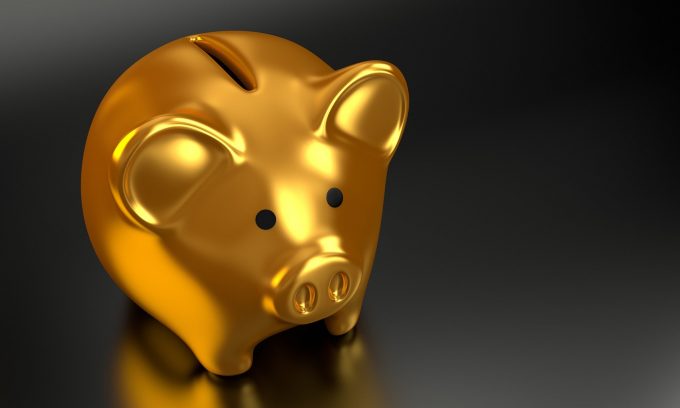Personal Assets (PAT) has published its final results for the year ended 30 April 2020, during which it has bucked the trend, substantially outperforming the market (its NAV per share rose by 5.3%, substantially ahead of the return on the All-Share, which PAT says lost 19.8%). The announcement provides the following key highlights:
- PAT is run expressly for private investors. Its investment policy is to protect and increase (in that order) the value of shareholders’ funds per share over the long term.
- Over the year to 30 April 2020 PAT’s net asset value per share (“NAV”) rose by 5.3%. This compares to a fall of 19.8% in the FTSE All-Share Index. PAT’s share price rose by £25.00 during the year and at 30 April 2020 was £433.00. An analysis of performance is provided in the Chairman’s Statement and Investment Manager’s Report below.
- Since PAT became independently managed in 1990 its NAV has increased by 652.4% compared to the FTSE All-Share’s 212.8% and the RPI’s 133.9%.
- Capital returns to 30 April 2020:
|
|
3 Years |
5 Years |
10 Years |
Since 1990 |
|
NAV |
6.9% |
21.9% |
48.7% |
652.4% |
|
FTSE All-Share |
(17.7)% |
(13.2)% |
13.9% |
212.8% |
|
RPI |
8.1% |
13.4% |
31.3% |
133.9% |
- During the year the Company’s shares continued to trade close to NAV.
- During the year, PAT continued to maintain a high level of liquidity. At 30 April 2020, liquidity was 55.3%. This included 14.1% in UK T-Bills, UK cash, overseas cash, and net current liabilities and 41.2% in various classes of non-equity risk assets: 31.3% in US TIPS and 9.9% in Gold Bullion. This compared to holdings as at 30 April 2019 of 21.0% in UK T-Bills, UK cash, overseas cash, and net current liabilities and 43.0% in various classes of non-equity risk assets: 27.8% in US TIPS; 3.8% in US Treasuries; 8.1% in Gold Bullion; and 3.3% in UK Index-Linked Gilts.
- Dividends are paid in July, October, January and April of each year. The first interim dividend of £1.40 per Ordinary share will be paid to shareholders on 17 July 2020. Barring unforeseen circumstances, three further interim dividends of £1.40 per Ordinary share are expected to be paid to shareholders in the year ending 30 April 2021, totalling £5.60 for the year.
The manager, Sebastian Lyon, says “We are relieved by the resilience shown by many of PAT’s holdings during the sell-off. The trust’s equities held up far better than UK and global equity indices. The mundane activities of selling coffee, chocolate, toothpaste and pet food demonstrated the longstanding merits of staples companies like Nestlé, Unilever and Colgate. Elsewhere, technology companies with recurring revenues, like Microsoft, proved suitably defensive, thanks to the need for millions to work from home during lockdown. Franco-Nevada, the gold royalty company, was our best performer. Gold bullion rose, proving its value as a hedge against the dire economic and monetary uncertainty unleashed by the pandemic. Central banks with little room to cut interest rates sufficiently to offset the downturn moved further down their unorthodox monetary playbook, ratcheting up record levels of quantitative easing (“QE”) to fight deflation through currency debasement. This helps to explain the rise in the gold price, thanks to gold’s status as “the currency that cannot be printed”. In some cases central banks have crossed the Rubicon in financing fiscal spending directly, risking an inflationary environment later this decade. This should continue to support the bull market in gold that began almost 20 years ago. However, fixed income as an asset class now offers yields of close to nothing, signalling that the 40-year-old fixed income bull market may be coming to a close. There is certainly little upside without yields turning negative.”
